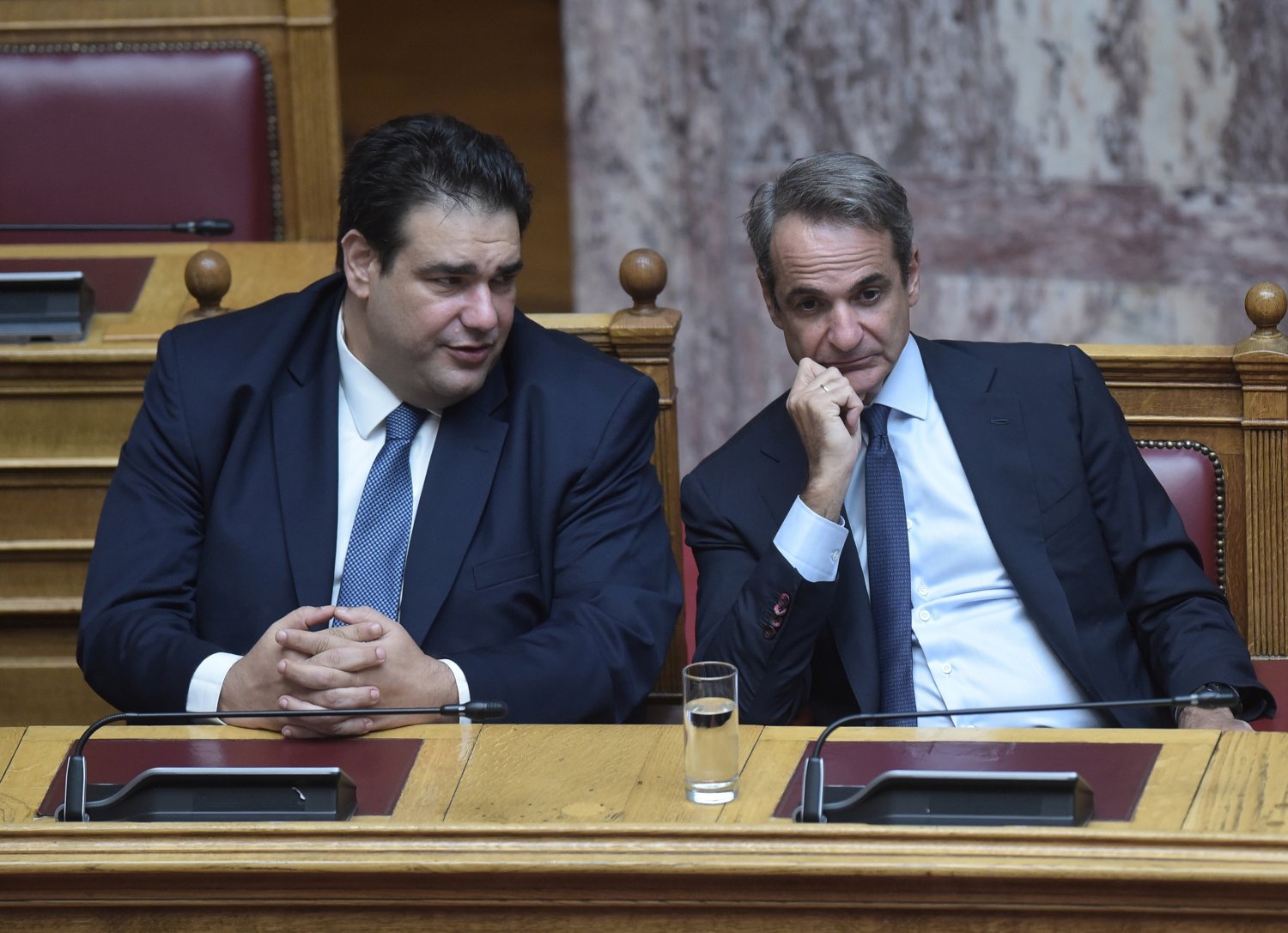The Greek government is proposing significant changes in the elections of municipal and regional authorities, as well as in the governance, supervision, and responsibilities of local elected officials.
The proposed reforms were presented by the Minister of the Interior Thodoris Livanios, speaking at the annual congress of the Central Union of Municipalities of Greece, which takes place from Friday until Saturday in Rhodes.
The proposed changes put forward by the Greek government will include, among other things, the abolition of the second round of municipal and regional elections, the introduction of electronic voting, and the possibility of early elections.
“Today we presented specific proposals for the reform of local government, which give the impression of the dynamics that the government seeks for the municipalities and prefectures of the country,” said Livanios. “What is certain is that the changes we are ready to introduce are not going to be a reform that will remain on paper, but a real tool for local authorities to stand more firmly on their feet, cure dysfunctions and problems for the benefit of all citizens.”
The proposed changes include the following:
Changes to Local Election Procedures
- Single Round Elections: Local elections will have a single voting round with ranked voting. If no candidate receives over 50% of first-choice votes, the top two combinations proceed, and second-choice votes are added to determine the winner. This aims to eliminate a costly second round of voting and boost voter turnout.
- Optional Electronic Voting: Voters can opt for electronic voting in local elections, though in-person voting will remain available.
- Early Elections Option: Early elections can occur within the first three years of a term if 80% of council members and the mayor agree, addressing administrative gridlock issues.
- Additional Candidates Without Preference Votes: Winning parties can appoint additional non-elected candidates to attract qualified professionals.
- Youth Quota: A new quota requires a number of candidates under 30 to participate, aiming to increase youth involvement.
- Reduced Candidate Cap: The maximum number of council candidates will be limited to 50% over the number of available council seats, down from the current 150%.
- Election Timing: Elections will be held on the last Sunday in November to reduce transition time.
Governance and Financial Changes for Local Authorities
- Mandatory Public Consultation: Regulatory proposals must undergo public consultation before council consideration.
- Local Referendums: Electronic referendums will be allowed for municipal issues.
- Official Secretary Role: Municipalities with populations over 200,000 will appoint an official secretary.
- Increased Compensation for Mayors: Mayors and deputy mayors will receive higher salaries, with full-time leave required for mayors in larger municipalities.
- Legal Oversight Reforms: Legal audits will be randomized across regions, aiming for quicker review times within 10 days.
- New Local Development Fee: A Local Development Fee will replace certain existing taxes, giving municipalities more flexibility in funding services and development.
Reactions to the plan
SYRIZA expressed opposition to the new electoral system for local authorities. A statement from interim party president Nikos Pappas critiqued the proposal as disrupting the electoral system and allowing “shadowy alliances” prior to elections to win ranked votes.
The President of PASOK, Nikos Androulakis, in his address at the conference in Rhodes, pledged that PASOK had better alternative plans for local governance. He stated that PASOK wanted to ensure “the local government ceases to be the pariah of public administration and become again the central institution of democracy, social welfare and balanced regional development.”.
Androulakis claimed that the government of the New Democracy is depriving municipalities of funds, while almost half of them are on the verge of bankruptcy. He stated that “we will give back a development perspective, because we firmly believe that local government is the foundation of democracy, development and social cohesion of our country.”



